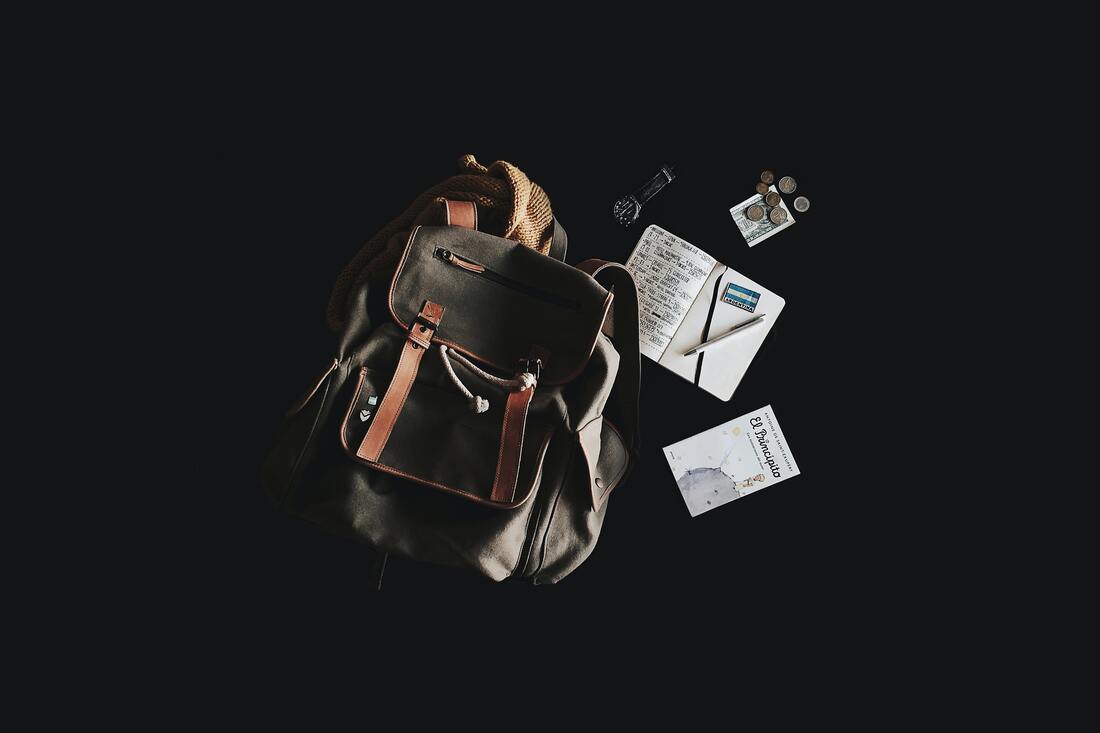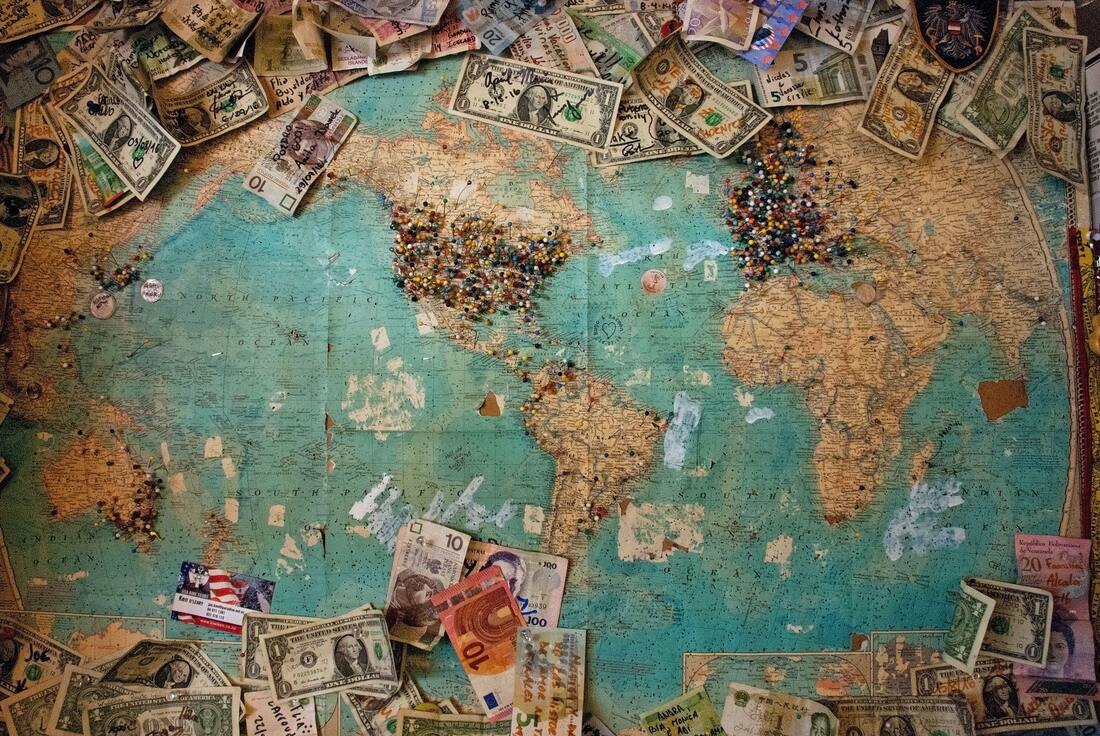Local currency can be confusing and it is easy to be fooled into giving 1000 of something when actually it is 100 or being given the wrong change. One of the wisest money tips of all is to take half an hour somewhere quiet and safe to get to know the new cash you have in your hand. Knowing how many pennies make a pound is fairly obvious but to a foreigner it may not be so. Having a vague idea of the exchange rate helps get an idea of what things cost and it also helps you budget.
|
One thing everyone who travels for any reasons will always worry about is money. Life would be easy if there was just a single currency worldwide but there is not. Here are 7 money tips for travel (when we are allowed to travel) that will always be helpful. Tell your bank you are travelling: One of the most important things to do regarding money and travel is to tell your bank you are going overseas. With increased levels of fraud and tightened security, transactions you make with your bankcard overseas may be deemed suspicious. This is especially true with bank debit cards. To avoid this let your bank know. Get the right credit card: Check how much it costs to use your credit card for foreign currency payments. Some credit cards charge high or hidden charges for making a purchase in any currency other than your home currency. There are cards that do not charge fees and just treat any purchase as normal. Read the fine print on your credit card or speaking to the bank or card company, it could save you a small fortune. ATMs can sometimes be cheaper than exchange offices: Many people are not aware than drawing money on your bank or ATM card overseas may actually be a great deal cheaper than using a foreign exchange office. Using an ATM is definitely a lot more convenient but check with your bank about the fees charged and you may very well be surprised. Use local currency and understand it. Local Currency does seem obvious but many travellers today try as hard as possible to stick to plastic. Sadly, it is not always possible. While more and more places take plastic there are still many places where cash is king. Post cards, flea markets and some smaller shops may not take plastic. Also, in countries where haggling is the norm, a credit card will not help you at all. Local currency is best for small transactions such as entrance fees or even a bus ticket. Local currency can be confusing and it is easy to be fooled into giving 1000 of something when actually it is 100 or being given the wrong change. One of the wisest money tips of all is to take half an hour somewhere quiet and safe to get to know the new cash you have in your hand. Knowing how many pennies make a pound is fairly obvious but to a foreigner it may not be so. Having a vague idea of the exchange rate helps get an idea of what things cost and it also helps you budget. Spend the remainder of your excess cash at the airport. You usually always end up with some excess cash after any trip. It often costs money to change your cash back into your home currency so why not keep the cash you have and spend it at the airport. You may have enough for a cup of coffee while waiting or enough to buy a bottle of water. Very often airports charge less for items if you pay in local currency and in the end you save. Have an emergency stash! Perhaps the most versatile currency in the world is the US Dollar. A really amazing money tip that could get you out of a sticky patch is to carry a handful of loose dollar bills with you on your person. If your wallet is stolen, these dollars you keep on your person can become the most valuable things in the world.
0 Comments
Leave a Reply. |
AboutTravelling is an exciting opportunity which can be enhanced by learning the language before you go. This blog contains some interesting articles about language and travel. Archives
June 2024
Categories |



 RSS Feed
RSS Feed

